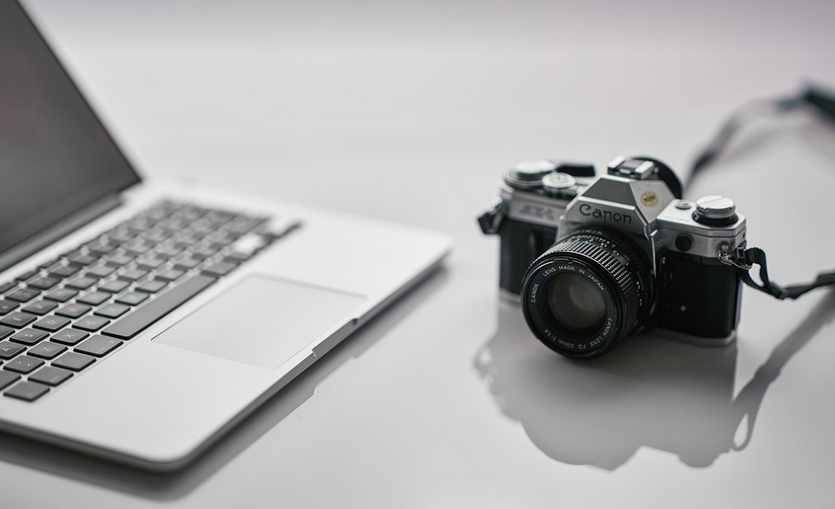Let’s Talk About the Power of Batteries
We all have them, those handy little devices that power our modern lives—from smartphones and laptops to electric vehicles and even some medical equipment. But hidden beneath their sleek exteriors are powerful energy storage systems known as batteries. You might be wondering: how do these tiny powerhouses work? And what’s the best way to keep them charged up?
Lithium-ion (Li-ion) batteries, in particular, have taken center stage in recent years thanks to their impressive performance and long shelf life. These are the powerhouses behind our portable electronics and electric cars. But like any device with internal workings, lithium-ion batteries require specialized treatment.
So, can you charge a Li-ion battery with a regular charger? The short answer is – not always! Regular chargers designed for everyday appliances and gadgets simply don’t have the same power output and protection levels as dedicated Li-ion chargers.
Why Charger Compatibility Matters
Let’s dive into why this matters. Lithium batteries are known for their high energy density, meaning they can store a significant amount of power in a compact space. This makes them ideal for portable devices like laptops and smartphones. However, this same efficiency comes with specific requirements.
A regular charger, typically designed to deliver lower voltage and amperage for devices like hair dryers or coffee makers, might struggle to provide the precise charge profile needed by your Li-ion battery. This can lead to several issues:
- Insufficient power delivery to fully charge the battery.
- Overheating of the battery due to excessive current flow.
- Potential damage to the battery or its internal components.
- Reduced lifespan and performance of the battery over time.
Think about it. A hair dryer’s charger might be good at transferring energy, but a sudden surge in power from this charger may be too much for your Li-ion battery.
The Importance of Specialized Chargers
Specialized lithium-ion chargers are the key to safe and efficient charging for these batteries. They offer several key features:
- Regulating voltage: These chargers deliver a controlled and precise voltage, ensuring the battery doesn’t get overcharged or undercharged.
- Controlled amperage: A specialized charger can precisely control the current flowing into the battery, preventing overheating and stress on the cells.
- Protection features: Dedicated chargers come equipped with safety mechanisms like short-circuit protection, over-charge protection, and temperature control to prevent accidents and damage.
Think of it as a dance between the battery and charger. A specialized charger orchestrates this dance precisely, ensuring both the battery and the device stay in harmony.
Charger Compatibility: A Quick Checklist
Now you have a better understanding of why using the wrong charger can be problematic for your Li-ion batteries. But don’t worry! Here’s a quick guide to help you choose the right charger:
- Look for a label that specifically mentions “Lithium-ion” or “Li-ion”.
- Check if the charger is certified by reputable organizations like UL (Underwriters Laboratories) or CE (European Conformity) to ensure it meets safety standards.
- Ensure the charger’s output voltage and current match your specific battery’s requirements. A good rule of thumb is checking the manufacturer’s recommendations on your device’s manual.
With a bit of knowledge and attention to detail, you can ensure your Li-ion batteries stay healthy and charge efficiently for years to come.
Happy Charging!


